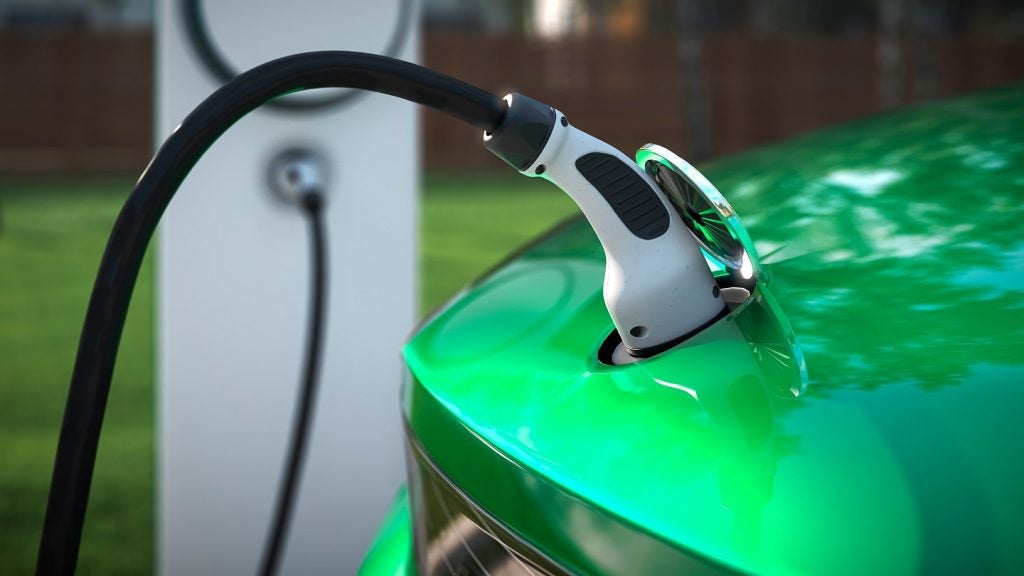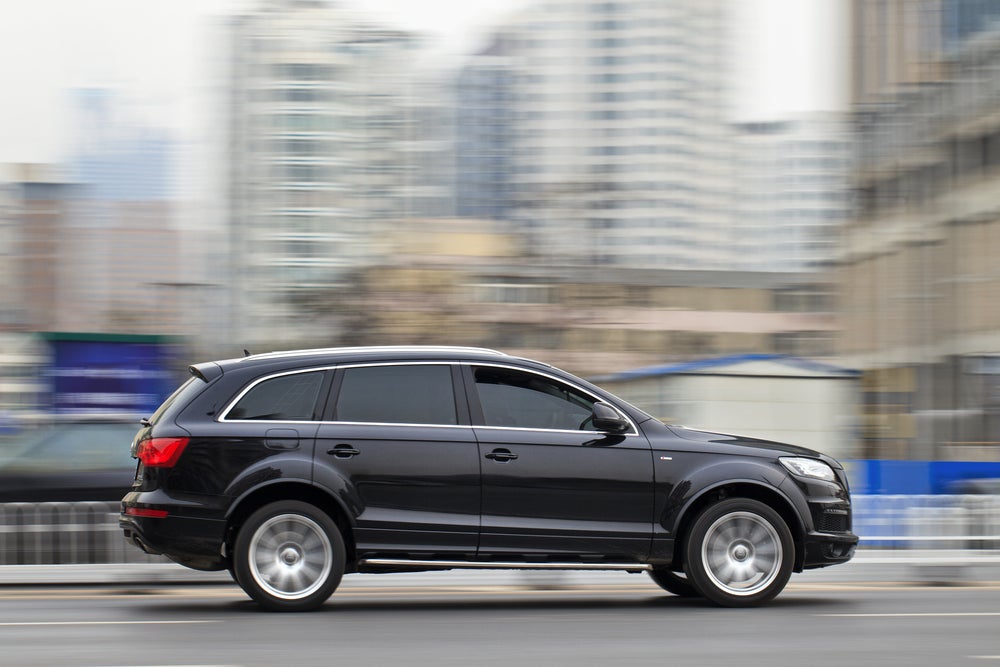
Few businesses are considering the type of journeys being taken, for example – rural, urban and motorway – when electrifying their company car fleets, according to new research.
The 2023 Arval Mobility Observatory Barometer shows that among businesses that are already operating electric vehicles (EVs), just 3% are using them first in urban areas because of air quality benefits and only 2% on those routes thanks to better access to charging.
Overall, more than a third (38%) said that they haven’t thought about initial use of their EVs on different road types, while more than half (58%) said that they planned to use them effectively everywhere.

The research also asked fleets where they planned to continue using petrol and diesel cars for longest, with more than three quarters (79%) responding that they had no plans to use diesel or petrol for longer on motorways or rural routes. Just 9% said that they planned on operating internal combustion engine cars for longer on motorways due to concerns about EV range.
Shaun Sadlier, Head of Arval Mobility Observatory in the UK, said: “These are new questions to develop a closer understanding of how fleets plan to use electric cars first, taking into account considerations such as range, charging infrastructure and local air quality, and where they intend to keep using internal combustion engines (ICE) options in operation for a longer time period.
“Our findings suggest that fleets have considered this issue, showing it is a live discussion in a corporate sense. However, having had that dialogue, more than half (58%) still say that they ultimately plan to use electric cars across all road types – cities, rural roads and motorways – with only a few per cent concentrating EV use in urban areas because of charging and air quality concerns.
“Also, it is noteworthy that the vast majority (79%) aren’t planning on maintaining diesel and petrol for longer motorway and rural routes. They are committed to electrification across all the areas in which they operate and, it appears, are confident in the ability of EVs to fulfil all needs.”
Shaun said it was interesting to contrast these findings from electric car operators with responses to the same question from users of electric vans.
“When it comes to eLCVs, 30% plan to carry on using ICE in rural areas and on motorways because of concerns about charging, while 23% believe air quality to be less of an issue in those locations. This is quite a sizeable minority that is taking what is arguably a more strategic approach to the adoption of electrification, certainly compared to cars.
Shaun added: “By undertaking the same strategic view and analysis that van fleets appear to be doing, car fleets may find it easier to electrify and drive adoption even faster amongst drivers who have not yet made the change to an electric car.”







